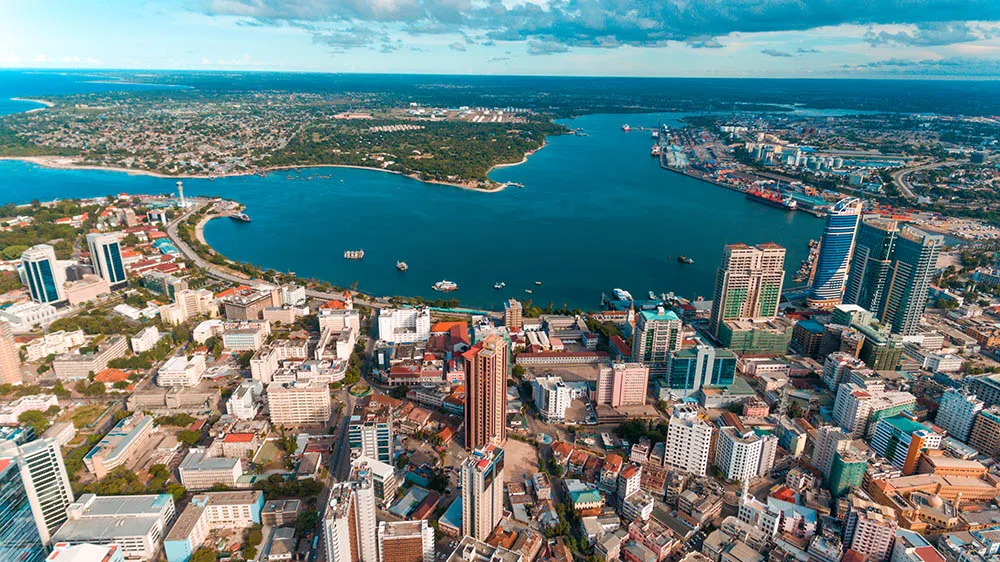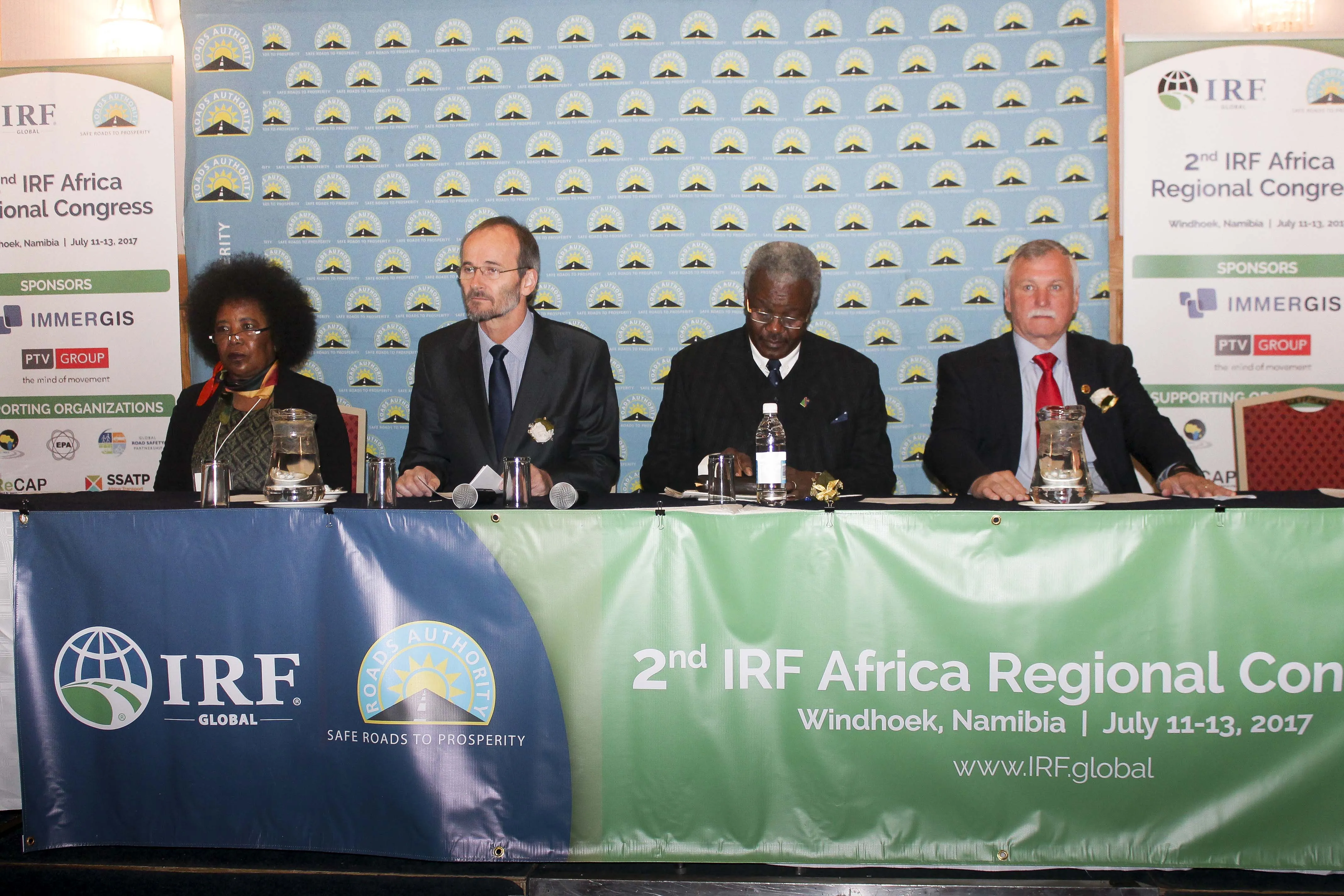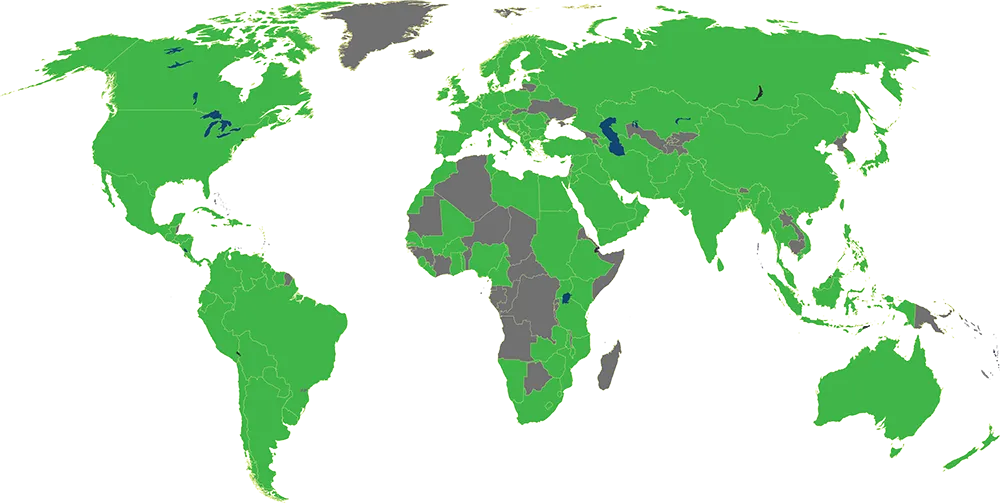
Africa is experiencing unprecedented growth in its urban population. The continent’s current total population of 1.3 billion is expected to nearly double by 2050. Meanwhile, the continent is undergoing a pronounced and accelerated urban transition with the expected arrival of approximately 230 million new inhabitants in African cities and towns over the next 10 years. Urbanisation is set to become one of the critical factors underpinning Africa’s structural transformation.
Africa’s fast urbanisation brings a host of new challenges in the provision of safe and efficient mobility services, necessary for access to employment, education and healthcare. Poor urban planning, inadequate transport infrastructure and services, as well as weak capacity of municipal authorities have traditionally represented major roadblocks in the quest for sustainable urban development. Conversely, the arrival of new urban mobility services, combined with advances in traffic management systems have the potential to alter the status quo and durably transform Africa’s urban mobility landscape.
Building on previous work supported by the African Development Bank, as well as on the core knowledge areas of the IRF, a new series of capacity building tools and mentorship services will be developed across four practice areas. These are: traffic impact analysis, urban congestion management, designing safe cities for non-motorised transport and establishing municipal road safety strategies. Combined, their main goal is to enable the formulation of city-specific and implementation-ready strategies that are aligned with international commitments, notably the Paris Climate Accord and the 2nd UN Decade of Action for Road Safety.
An initial program of e-learning webinars covering each of the four practice areas is organised for the participating cities in February and March 2023. The second phase of the program includes two interactive workshops held on 25 April 2023 as part of the 3rd IRF African Regional Congress in Accra, Ghana.









